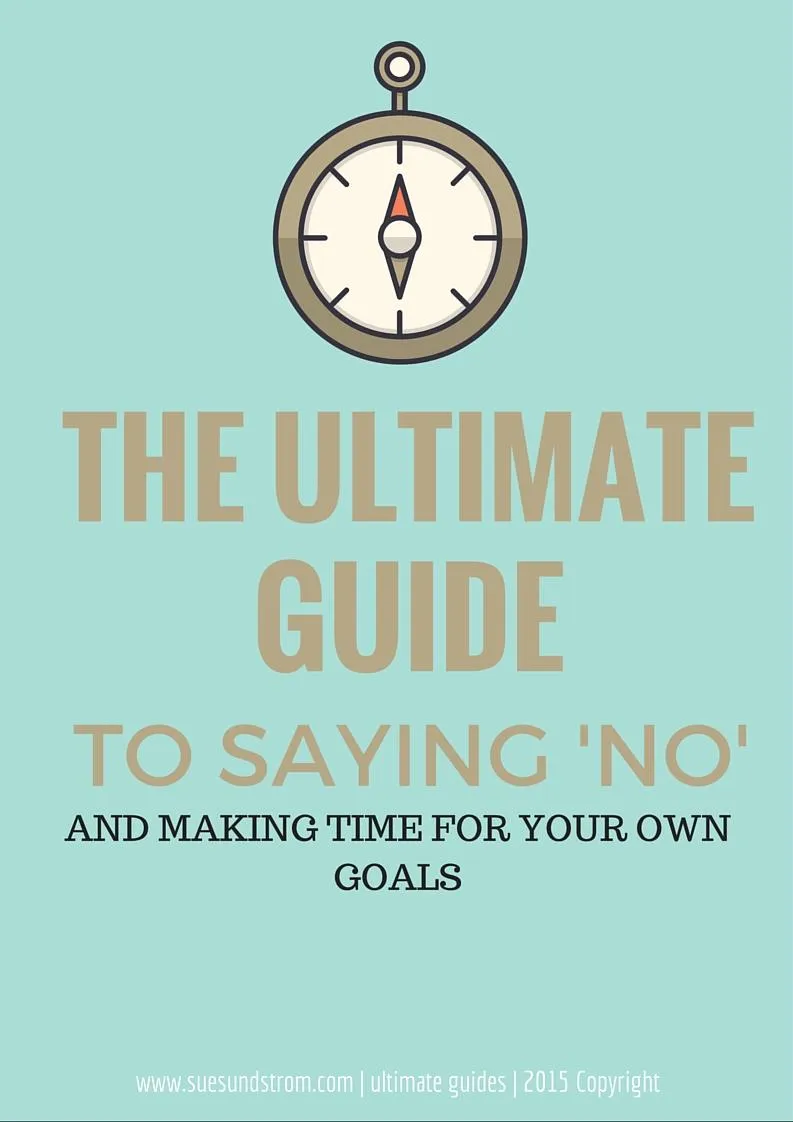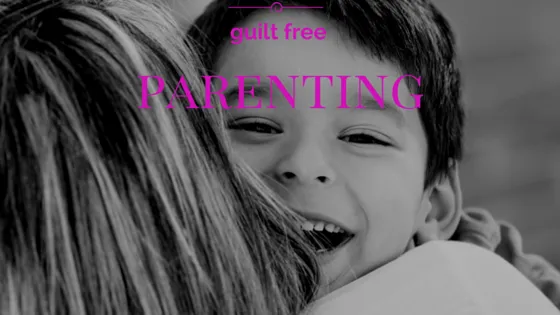SUE
SUNDSTROM.COM
CREATING THE REMARKABLE LIFE AND
WORK YOU WERE MEANT FOR
Motivation

Life Lessons from Liam Neeson {In TAKEN}
Life Lessons from Liam Neeson {In TAKEN}

{Disclaimer & cautionary note: If you are sensitive to scenes of violence and the subject matter of human trafficking, then take caution with this movie, as it has both. And although I don’t agree with torture nor revenge of any form, there were many good things I took away from this movie. Read on for those….}
The movie Taken had a big impact on me, for more reasons than one. Let me explain. Firstly, it opened my eyes to the vile world of human trafficking and ignited a passion in me to do something about it (since seeing it in 2009, I’ve been involved in helping organise a number of events in support of anti-human trafficking charities).
But as well as the eye-opener to the realities of human trafficking, the character portrayed by Liam Neeson in Taken, a man by the name of Bryan Mills, had a profound impact on me too. There were aspects to his character that were essential to his succeeding against all odds in a situation that was both impossibly difficult and intensely personal. And it’s those character traits that I felt I could learn from and that are needed by any in order to be successful in any great endeavour.
Here they are :
1. He was unusually calm in the face of an extraordinary crisis
The first time Bryan Mills hears of his daughter’s kidnapping is just before it occurs, when she tells him that men are in the apartment and they have captured her friend in the other room.
Instead of panicking, he calmly and deliberately instructs his daughter on how to get valuable clues that will allow him to follow her trail. Not only that, when both his ex-wife and her second husband are terrified, pretty incoherent and paralysed by what has happened, he is the one who is calm and composed enough to think clearly and take immediate, decisive action.
His attitude reminds me of an excerpt of the poem If by Rudyard Kipling, ‘If you can keep your head when all about you are losing theirs and blaming it on you…Yours is the Earth and everything in it..‘ He epitomised this.
If we can manage our emotions when things go wrong, we’ll be more successful. How many of us are thrown by bad traffic, a difficult client or co-worker, or being let down by a supplier? When it gets to our emotions, we become frustrated, angry or upset – and automatically less productive, less creative and less able to cope.
Not Bryan Mills. He had the mental toughness to handle a very difficult situation – and because of it, emerged as the leader (and solution-provider) in it.
His words to his daughter (and to us) are, ‘You have to stay focussed. You have to hold it together.’
2. He took massive action
He leapt into action straightaway. He had to. Statistics told him he had 92 hours before all chance of success would be almost certainly gone. He did everything he could. Took hold of all the resources – technology and people – he had available to him. Phoned people. Went to his ex-wife’s home and spoke to them. Looked for clues. Flew out to Paris. Taking action, every minute of every day.
What action are you taking to help your success? A little? Or as much as you can? Are you working as hard as you can and as quickly and efficiently as you can? Are you making use of every resource, talent and skill that you have?
3. He moved forward even when he only knew the next step
He didn’t know exactly what he was going to do and how. He only knew that he was going to do it, whatever it took. And he only knew the next step – but each time he had that next step, he took it. Have you decided that you want to start your own business, but you only know the next step and not the whole plan? Don’t let that stop you.
You often only need to know the next step – and what I’ve found is that the next one will unfold after you’ve taken action on the one step in front of you. This applies whether you’re starting a business or have been given a challenging project at work. If you feel overwhelmed, take the first step. Then the next one. Then the next one.
4. He was incredibly magnanimous
Only days earlier his ex-wife had called him ‘pathetic’ for being reluctant to let his daughter travel alone to Paris. She had belittled him and treated him with disdain every chance she got. Essentially it was her fault that their daughter was now in such danger – they all should have listened to Bryan’s words of caution. He had the perfect opportunity to throw the blame at her, to get his own back with hurtful comments of his own. But he doesn’t. He chooses instead to channel his energy into finding the fastest and best solution.
What do you need to let go? Who do you need to forgive? It’s taking up emotional energy, it’s no doubt draining you. Forgiveness has given me fresh motivation and renewed energy – making me a whole lot more productive. Holding onto injuries from the past slows us down and ends up being a huge weight, literally like having a boulder on your back that you carry with you everywhere you go.
Forgive the big things and the little things. The person who let you down in a big way which really affected you, and the mild inconvenience you suffered because of the person who cut you off in traffic.
5. He refused to be a victim
He never played the role of a victim. No ‘woe is me, why did this happen to me?’None of that.
When we take on the role of victim, we are powerless to change things in our lives. The victim mindset says, ‘This was done to me, and I am now stuck like this. I can’t do anything about it.’
Bryan Mills knew there was always something he could do. His powerful attitude came through in the now immortal famous lines from the movie, ‘I don’t know who you are {most of us would have been stuck right there by that obstacle!} I don’t know what you want…What I DO have are a particular set of skills {he focussed on what he had, not what he didn’t}…I will look for you, I WILL find you..’
6. He reached out for help from others
He had remarkable skills and experience and fierce determination. But he knew that all of that is not enough on its own. None of us can succeed alone. We all need other people to help us. He reached out for help from people who knew more than him and had skills and resources that he didn’t have.
8. He was laser focussed
Liam Neeson’s character painstakingly dissected the tape of his daughter’s kidnap to gain whatever valuable clues he could.
During the flight to Paris to the apartment where she’d been staying, did he take advantage of the inflight entertainment? Gaze out the window and feel sorry for himself? Chat to the stewardesses? {Of course not ;)). He pressed play and rewind, play and rewind, play and rewind constantly so that he could listen to two words from a recorded phone call over and over and over again until they were branded onto his memory. This discipline led to him successfully identifying the voice of one of her captors.
What is the one main thing you want to focus on and accomplish this year? Are you trying to get it done amongst a zillion other things? Or losing focus when other fun distractions come calling to tempt you away? How badly do you want it? Laser focus. That’s what he had.
9. He was prepared – he’d worked on his skills and mastered them
Abraham Lincoln is quoted as saying ‘I will study. I will prepare. And someday my opportunity will come.’ Bryan Mills in Taken told his daughter’s captors that he had specialised skills, ‘a very particular set of skills, skills I have acquired over a very long career.’ It was only because of these skills (and the character that he was) that he was able to rescue her when the time and need came. No, this wasn’t an opportunity – it was a disaster – but he had the opportunity to make a difference because of his specialised skills.
His preparation before coming across his daughter’s captors also bears repeating. He listened to that recording multiple times, memorising the tone of voice of the man on the recording. He studied it. He prepared. And so he was ready in that brief few minutes when finally he found himself in the same room with that same man.
Are you ready for opportunities if and when they arise? If you get enquiries for your business, are you ready to make the most of them? If your boss suddenly leaves or an area at work opens up, presenting an opportunity for someone to be promoted into it, are you prepared to take advantage of the opportunity? Have you been working on your skills so that they exceed where you are now – and make you ready for the next move?
10. He was courageous
Extremely. He single-handedly took on the ‘bad guys’. He refused to back down and give in to fear. There were insurmountable odds against him – even the French police turned against him. The risks were high. It took a lot of courage.
If you’re going to succeed at a challenging goal or dream, it’s going to take courage. You’ll have to do things you are afraid of doing. You’ll have to do some things you don’t feel ready for. Put yourself in positions where you could fail. Which could be embarrassing. It takes courage. But it’s so worth it!
11. He never entertained thoughts of defeat or failure
He was extremely sure of himself and his ability to succeed, in spite of the high risks and no guarantee. Remember he didn’t say ‘I may find you.’ He said, ‘I will look for you. I WILL find you.’ Not once do you see him entertaining thoughts of defeat or failure. Yes, it was highly probable that he would fail, but he didn’t allow his mind to dwell on it – to do that would have wasted valuable time and leave little room for thinking of ways of how it could be done.
We have to do the same in our pursuit of our dreams and goals. We really do get what we believe. Our minds have been designed to help us create the future or outcome that we desire.
12. He persisted {even when it looked like there was no way ahead}
Bryan Mills faced setbacks. His one and only lead died. The French police were after him. His friend, who he called on for help, was instead trying to sabotage his efforts. When one way resulted in a dead-end, he found another way. He kept going. He told his friend, ‘I will tear down the Eiffel tower if I have to.’
Opposition or setbacks doesn’t mean it’s time to give up or give in. It means it’s time to press in. Move on. Keep on keeping on. Persistence beats talent any day. Talent gets us started, but persistence gets us there to the end.
13. He was not intimidated by his enemies
There were many bad guys. They were powerful, some of them very well resourced. And they wanted to kill him. But he was not intimidated by any of them.
What are your enemies? Self-doubt, procrastination, fear? Competition that is bigger and more experienced than you? A bad economy? Past failures?
Whatever those enemies are, we are not to be intimidated by them and not to back down. In fact, go on the offense against those ‘enemies’ that try to slow you down. I don’t mean fighting people – it’s the enemies in our heads that we mostly have to fight! Take action in spite of the fear. Find a way to get past the competition. Refuse to let a bad economy stifle your dreams.
Just.Get.Going.
You’ll be so glad you did.
WEBSITE DISCLAIMER / TERMS AND CONDITIONS / PRIVACY NOTICE
COPYRIGHT © 2023



